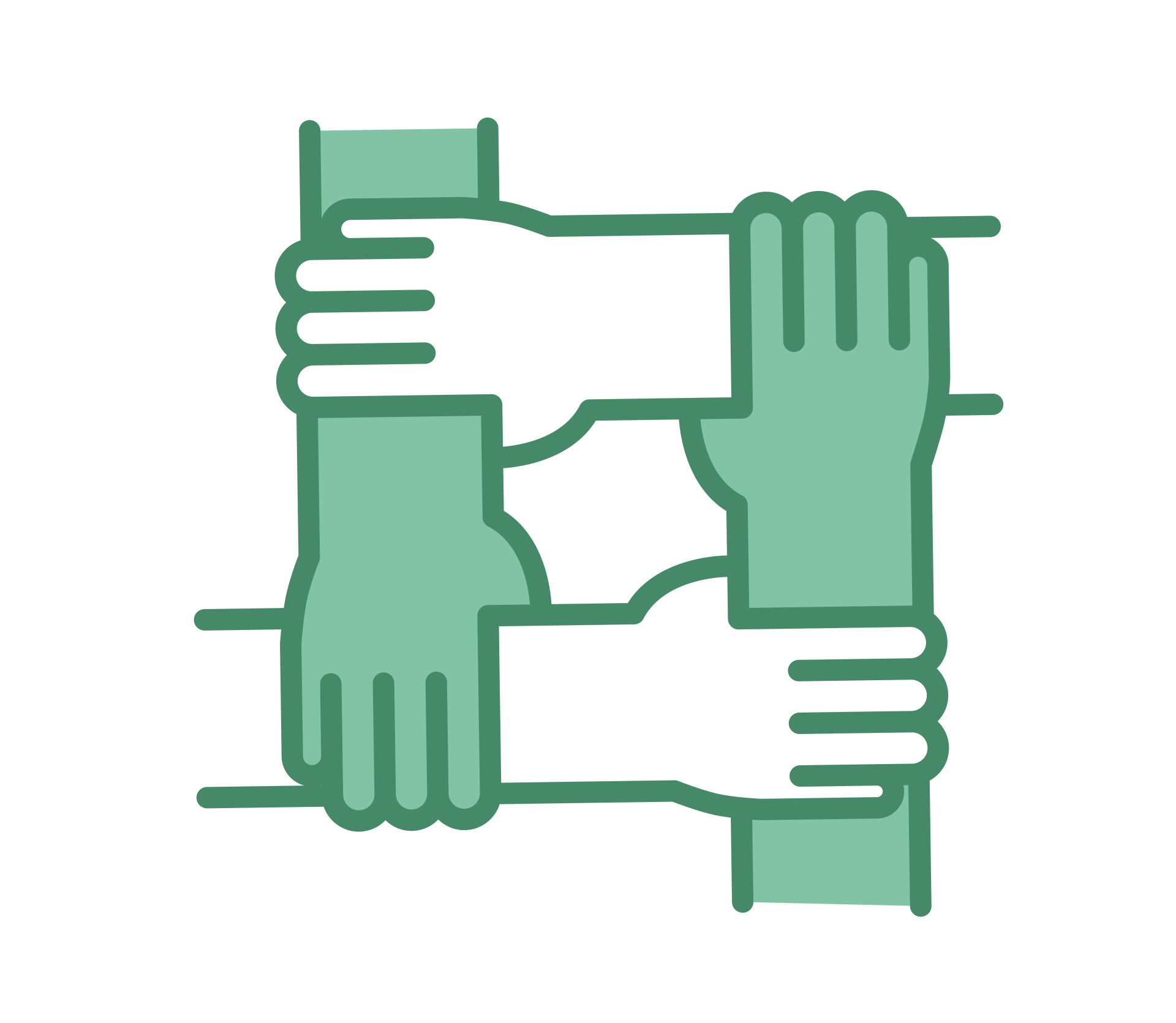Welcome to the CPR Blog
Your destination for original articles and important information about upcoming CPR events.
Reclaiming Peer Support: Make Your Credential Work For You
March 4, 2024
March 4th, 2024
A vast majority (90%) of the public agrees that there is a mental health crisis in the United States. The causes of this collective crisis are numerous, but regardless of where you live or work, you likely know someone who has struggled to get the support they need for emotional distress, drug use, or despair. Maybe you have been that person.
Over the past three decades, and around the country, peer support specialists (sometimes called peer supporters, certified peer specialists, or simply “peers”) have entered mental health service agency’s workforce. While each state has its own training and credentialing process, all peer support specialists have personal experience of mental health or substance use challenges – including depression, thoughts of suicide, drinking or drug use, hearing voices, autism, and in some cases may be family members.

Unlike mutual support groups (such as AA, which is run by volunteers), peer support specialists are paid professionals who receive training to use their lived experience to help others. Peer support means connecting with others who are struggling with similar issues by relating as a compassionate equal and empowering them to choose their own path to recovery. It has a positive impact on both service users and the peer support specialist.
Peer support specialists pursue this line of work because they want to give back and help others. They are generally satisfied with their jobs, making it an appealing career opportunity. However, they also face barriers that other healthcare professionals do not. Many peer support specialists say that they don’t have enough prospects for career advancement.
Compared to other healthcare workers performing similar jobs, they are paid relatively low wages ($15-18/hour), struggle to find jobs, and often lack financial security. We hear from peer support specialists that coworkers don’t respect their work or understand their role, and it may be difficult to obtain disability accommodations. Disparities are particularly problematic for women and BIPOC individuals.

Our research has found that about 30% of credentialed peer support specialists want to develop a business to support in their community. Those who were interested in self-employment were more likely to have experienced negative workplace dynamics. Being self-employed in your own private practice means that you can have more flexibility in the hours you work, the customers you choose to work with, and the way you do your job. It may also mean earning a higher wage and more job security, which we hope to research in the future.
Peer support businesses can expand and improve services for community members who want more choices in their treatment. In fact, our research found that in areas where there are not enough mental health providers, peer support specialists were more likely to stay in the field rather than leave for other opportunities. This means that peer support specialists may be able to fill some gaps in healthcare provider shortage areas.
If peer support services were more readily available it could improve access to services, and create better working conditions. A win-win.
Other healthcare providers are empowered by the law to open private practices but there is no designated avenue for private peer support practices. Credentialing and training of peer specialists, unlike other practitioners such as psychologists and social workers, typically occurs through a state entity, may vary widely in quality standards, and is not necessarily administered by a professional association or credentialing entity. This means there is no licensing process, which is typically the first step to practicing independently. There is no formal infrastructure or guidance for peer support specialists who want to start a practice business, and a lack of understanding of how jurisdictional liability and health insurance would apply to such a practice. They may face challenges such as how to bill Medicaid, receive required supervision, get professional liability insurance, and manage finances. It isn’t even certain that a peer specialist can move states and qualify for the new state’s certification. Nonetheless, peer support specialists are forging the path towards independent practice, such as through online platforms such as HeyPeers.com.

Starting a business is hard work, and often doesn’t pay off for a few years. It is extra hard to start a new type of business, built upon an innovative idea, particularly when you have struggled with poverty, disability, long-term unemployment, and discrimination. There are freely available resources in every community to help people start a business (such as SCORE or the Small Business Development Center), but often these services are not designed to help people with mental health challenges around work, or they simply aren’t knowledgeable about peer support services and the requirements of the job. If you are on Social Security benefits, there is also support such as the Plan for Achieving Self-Sufficiency (PASS) or vocational rehabilitation, but services from the Department of Rehabilitation are not always geared to help people start a business.

Because of my love for owning my business and wanting to help the peer community, my team created Reclaiming EmploymentTM. The program offers self-employment education and a community of support for people with mental health-related challenges around work. In preliminary research, Reclaiming Employment has been shown to improve feelings of self-efficacy around entrepreneurship – the feeling that I can do this. This summer we’ll be launching a new cohort of users that may also receive one-to-one and group coaching from a peer support specialist. If you’re interested in being a part of our community, please email info@reclaimingemployment.com and let us know to extend an invitation!
Notice: The contents of this post were developed under a grant from the National Institute on Disability, Independent Living, and Rehabilitation Research (NIDILRR grant number 90RTEM0004). NIDILRR is a Center within the Administration for Community Living (ACL), Department of Health and Human Services (HHS). The contents of this post do not necessarily represent the policy of NIDILRR, ACL, or HHS, and you should not assume endorsement by the Federal Government.

thanks so much for this article. Great work!!
I am in the process of developing a business that uses peers, paid and volunteer to process firewood.
I live in Montana. The Montana State Board of Behavioral Health requires Peers to have 1 hour of supervision for every 20 hours of work. I work full-time. Unless I am affiliated with an agency who pays for my supervision, the going rate for private supervision is between $90. and $250. an hour. At $18.50 an hour, uh….right. So I would basically be paying for supervision each month with hardly any money left to live on. With the exception of a few larger cities, Montana is basically all rural. The only agency in the town I live in is Medicaid funded. The State Legislature refuses to provide a code for Peers to go into private practice using Medicaid billing. The Board has lobbied to prevent Peers from having the title of Licensed BHPSS. We have to remain “Certified”. This title can be a cause for stigma in the communities we serve in. At least it is in my town among the Providers with Degrees. “Lived experience” means nothing to the professionals here. I am looking forward to learning about what you have to teach us Peers about private practice.